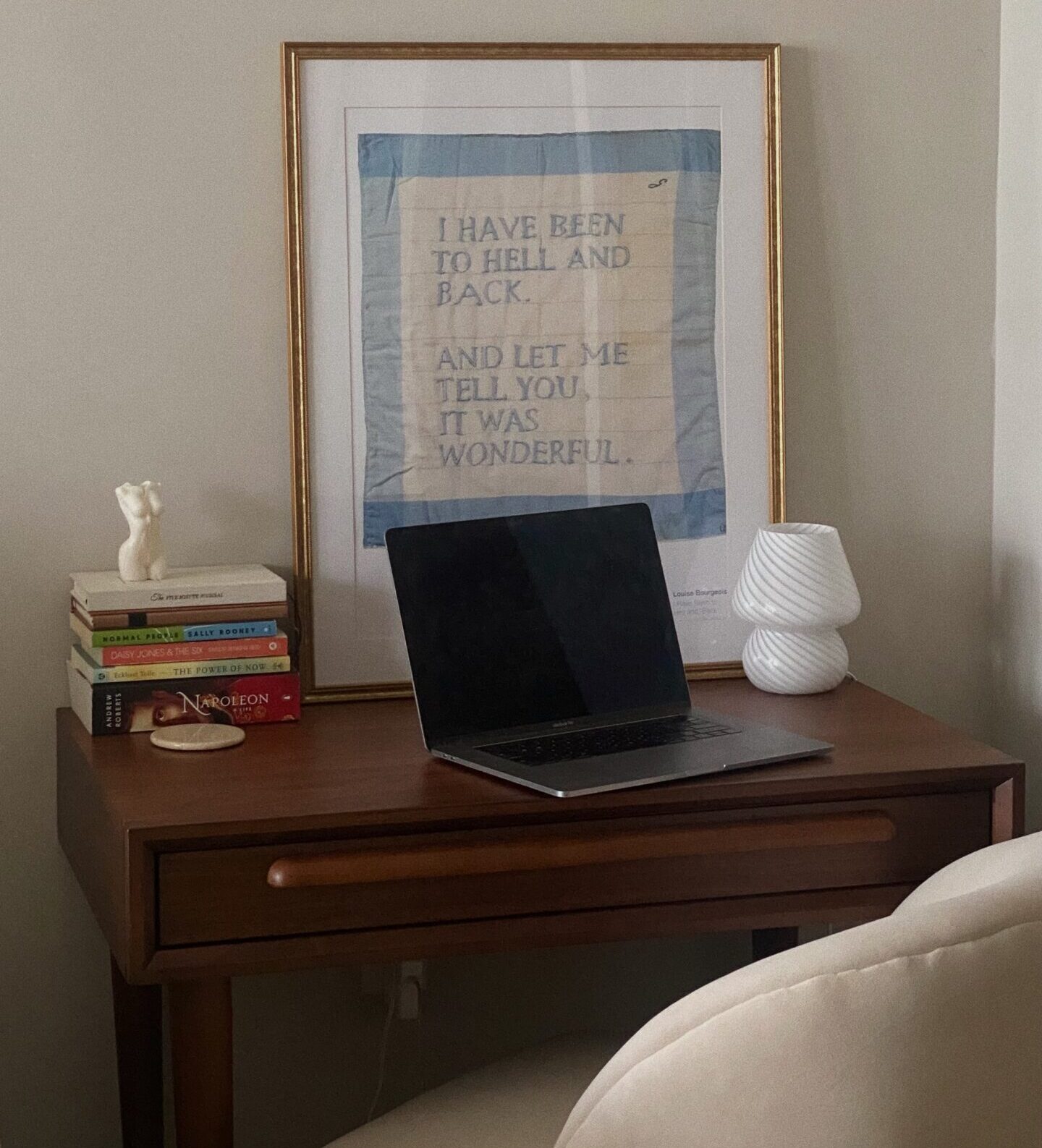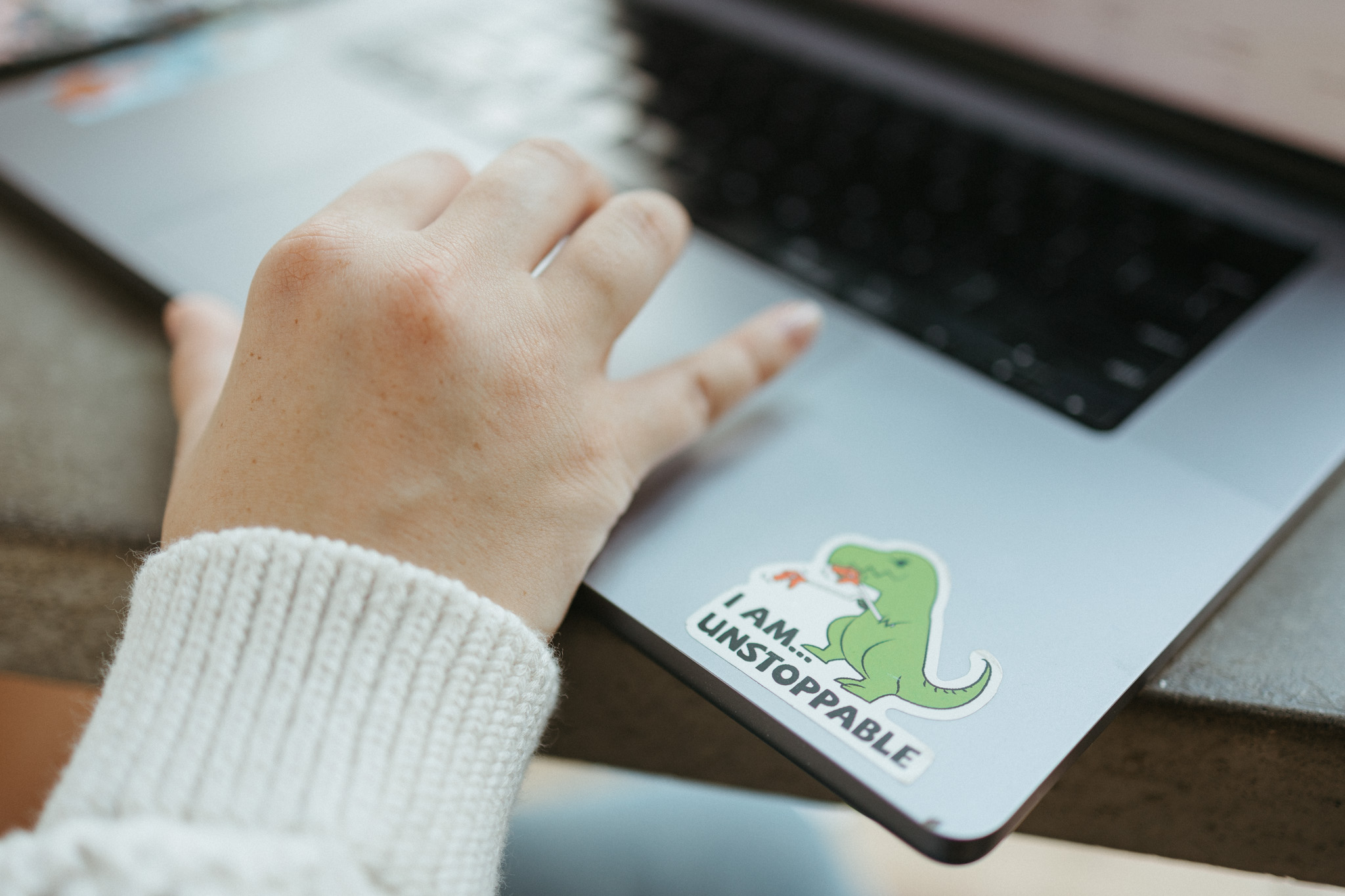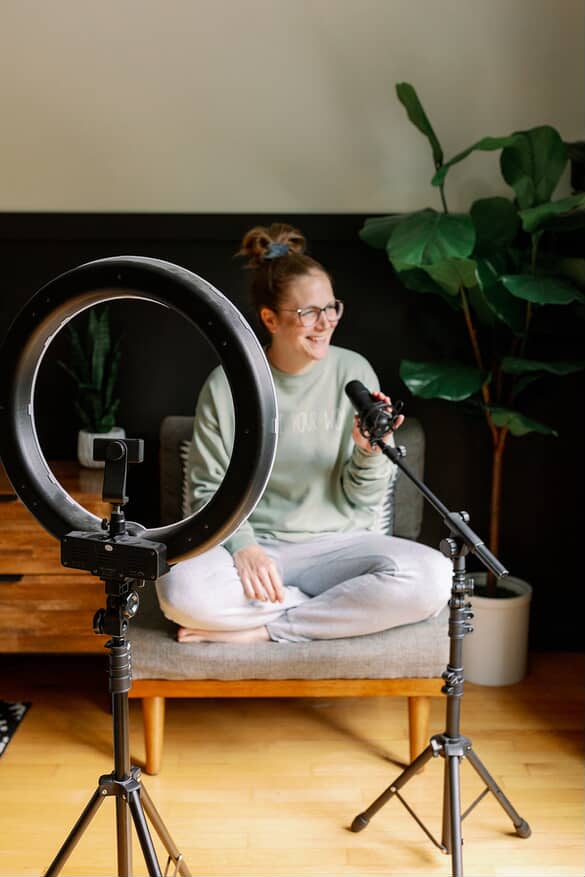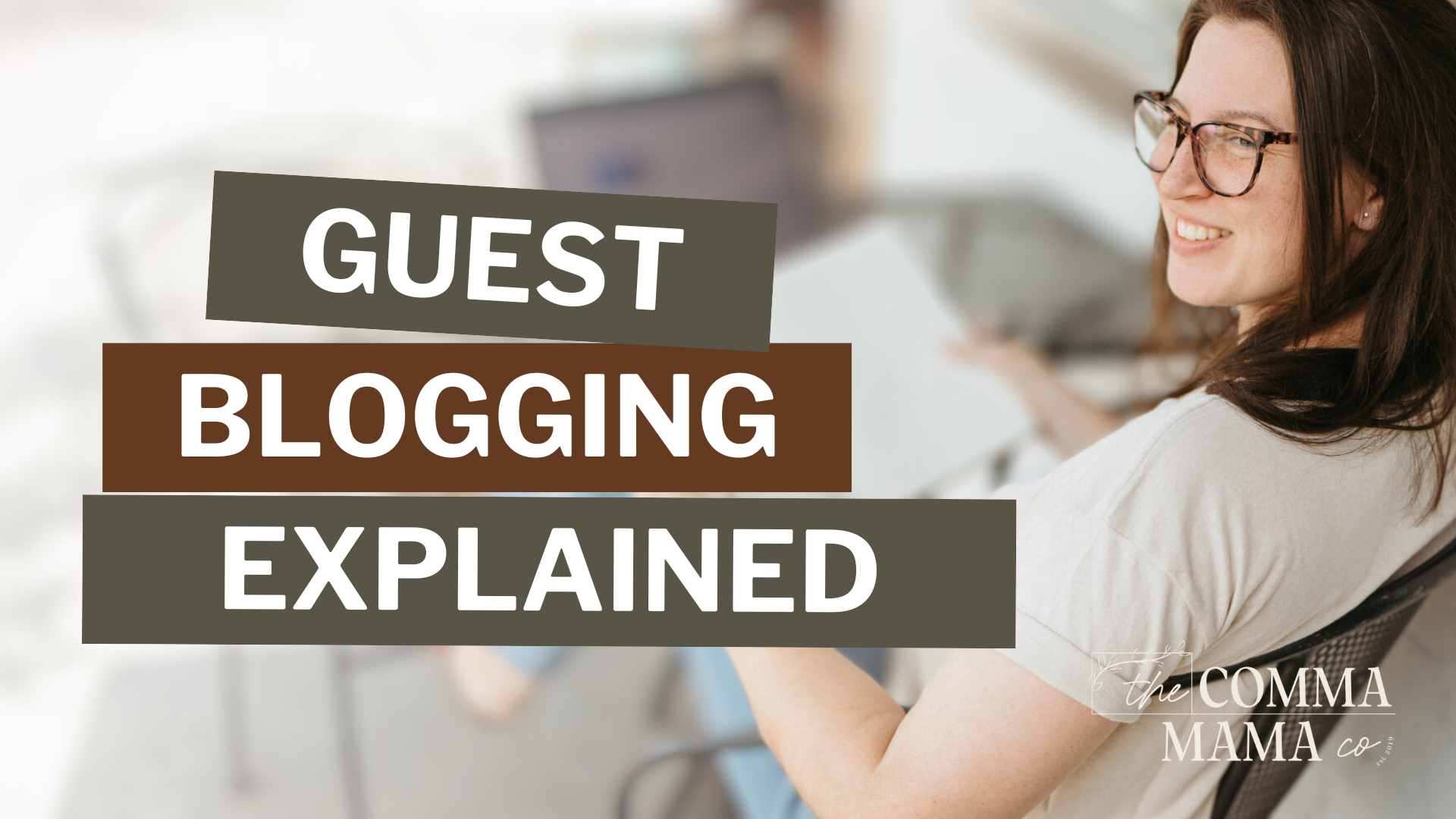I have a love for words and a knack for SEO – and as a mama, I know just how challenging it can be to run a business while raising a family. This blog is just one of the many resources you’ll find here that’ll help you boost your online visibility without sacrificing your sanity.
Thanks for being here (and I hope you’ll stick around).
Mckayla
categories
blogging
seo
Business
Six simple steps to better seo
download now
explore
case studies
to the shop
work with us
follow us on instagram
share
One of the most common questions I get as an SEO and long-time blogger is, “When should I start a blog?” And, in all honesty, it depends on the person and the business.
But if you’re looking for some hard-core signs, I want you to shift your focus. Instead of thinking about when you should start a blog, I want you to consider the things you should do before starting a blog.
What should you do before starting a blog? Rather than one thing, there are actually four things you should do before starting a blog for your business. You want to have an optimized website, be comfortable and confident in your offers, track your leads and traffic sources, and know your audience.
Let’s break down what those things look like and what they don’t look like if you’re considering starting a blog –
If you love to listen to learn, catch the related episode on Everything SEO here:
What to Do Before You Start a Blog: 4 Must-Haves for Every Business Owner
First, I want to preface this by stating that blogs can have multiple purposes — in fact, there are multiple business owners with larger pre-existing audiences who start blogs to send them to rather than to create a new channel for new audience members to connect or find you.
These four things are best for when you want to gain long-term traffic through Google and build long-lasting relationships with your community.
Let’s talk about the four things you should do before starting a blog:
#1. Optimize Your Website for SEO
You need a strong foundation if you want to start building your blog. Optimizing your website for SEO means fixing any outstanding issues like random 404s, redirect chains, broken backlinks, and slow page speeds.
It also means having an SEO strategy in place for your main pages — aka targeting keywords and making sure all the backend details are filled out.
Having an optimized website will allow you to make the biggest impact possible with your blog. Even if you’re only able to do a self-audit or run your website through a free tool, tackling as many of those issues as you can before you start your blog can make a huge difference.
If you feel like you need to do a deep dive into your website and content, I recommend looking into an SEO Audit, an offer that does all of that for you (and more).
#2. Get Comfortable and Confident in Your Offers
Or rather, get comfortable and confident in how you want to monetize. If you’re starting a blog as a business, it’s likely that in some way, shape, or form, you want your readers to book with you, buy from you, or download your free resource — or potentially even listen to your podcast. All of these things determine the content you’re going to make.
For example, if you’re a copywriter, you may want to attract copywriting clients, so your content would involve many copywriting tips and the problems that copywriting can solve, tailored to your own services, of course.
But, if you’re a copywriter with a digital product shop and your goal is to make more passive sales, then your content would stem from your digital products. If your digital product teaches someone how to write a welcome sequence, then your blog posts would revolve around topics and problems solved by a good welcome sequence.
You don’t have to focus on your offers. You can opt to focus on tool reviews (like my review on Pixistock), collaborations for your affiliate offers, or even bringing more awareness to your podcast because you’re great at conversions there.
Just remember that if you don’t know what your purpose or next step is in your blog post, neither will your readers.
#3. Have a Lead Tracker
This doesn’t have to be something super complicated and you should be tracking where your leads are coming from anyways, but this is one of the main things I recommend before starting a blog.
One of the reasons I love blogging is that you’re giving your audience little peeks into how you and your business think — your values, quirks, and beliefs. But that doesn’t mean you should neglect the analytical side of it. You should be tracking whether your blogs are generating new leads.
You can do this by adding a drop-down question in your inquiry form that says “blog post” or “Google.” If your call to action is an email sign-up, you should have a designated embed just for blog posts.
#4. Know Who Your Audience Is
It’s not just a surface-level answer, either. I want you to really know who you’re writing for before you start your blog. If you don’t know who your audience is, I guarantee that Google won’t either, and that kind of defeats the whole purpose of blogging.
Also, knowing who your audience is doesn’t necessarily mean that you’re niching down, so don’t be scared to be specific in who you’re writing for. It could be as simple as women vs. men, adults vs. teens, business owners vs. homesteaders.
Google loves to place your website where it needs to be, and it looks at who your content and website are for and who best matches the search intent of its users.
Writing for your audience doesn’t need to be difficult, either. Just think about how your audience would want to be spoken to — what makes them comfortable and cozy? What makes them feel connected to you?
What Do You Do If You Don’t Have These Things When You Want to Start a Blog?
Go back and do what you can — and if you need a little help, I have some amazing recommendations. But go back and look at your copywriting and website. Is it optimized for SEO and conversions? Look at your branding. Do you have a brand strategy? Do you have your audience defined? Do you know and feel good about your offers?
I understand that your business may pivot or change in the future, and that’s okay. But to see the best results, you need to have a consistent business that aligns with your content — if you’re constantly changing your business brand, audience, and offers, your blog no longer has the connection it needs.
As always, if you want to chat with me, head over to Instagram and send me a DM. If you want to start a blog but you don’t want to do it yourself, check out my quarterly blog writing packages.
Reader Etiquette
© - Content and images in this blog are copyright this blog unless stated otherwise. Feel free to repost or share images for non-commercial purpose, but please make sure to link back to this website and its original post.
℗ - We do not store any information about your visit to our website other than for analytics and optimization for content and reading experience through the use of cookies.
c/o - Our site does at times contain paid advertisements, sponsored content, and/or affiliate links.
You might want to check these out too while you're at it
FREE Guide:
6 Simple Steps For Better SEO
INSTANTLY IMPROVE YOUR GOOGLE RANKING
Want to improve your website SEO in one afternoon? This free resource offers 6 actionable steps you can take in 15 minutes or less to instantly improve your SEO.
download now
categories
blogging
SEO
business
It's me, hi! Your SEO bestie.
get to know me
work with us
//
services
//
case studies
//
Mom of three, lover of all things blogging, and borderline obsessive coffee drinker — I also just happen to love making complicated things simple and accessible, especially when it comes to SEO. The blog is a collection of what I've learned from years of testing, trial and error, and working with amazing clients with impactful businesses (just like yours). Blogging and SEO doesn't have to be boring — and it definitely doesn't need to be difficult.



